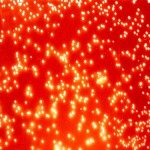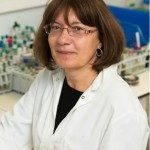Lien vers Pubmed [PMID] – 31347998
Lien DOI – 10.1099/mgen.0.000284
Microb Genom 2019 08; 5(8):
Bacteria and archaea make up most of natural diversity, but the mechanisms that underlie the origin and maintenance of prokaryotic species are poorly understood. We investigated the speciation history of the genus Salmonella, an ecologically diverse bacterial lineage, within which S. enterica subsp. enterica is responsible for important human food-borne infections. We performed a survey of diversity across a large reference collection using multilocus sequence typing, followed by genome sequencing of distinct lineages. We identified 11 distinct phylogroups, 3 of which were previously undescribed. Strains assigned to S. enterica subsp. salamae are polyphyletic, with two distinct lineages that we designate Salamae A and B. Strains of the subspecies houtenae are subdivided into two groups, Houtenae A and B, and are both related to Selander’s group VII. A phylogroup we designate VIII was previously unknown. A simple binary fission model of speciation cannot explain observed patterns of sequence diversity. In the recent past, there have been large-scale hybridization events involving an unsampled ancestral lineage and three distantly related lineages of the genus that have given rise to Houtenae A, Houtenae B and VII. We found no evidence for ongoing hybridization in the other eight lineages, but detected subtler signals of ancient recombination events. We are unable to fully resolve the speciation history of the genus, which might have involved additional speciation-by-hybridization or multi-way speciation events. Our results imply that traditional models of speciation by binary fission and divergence are not sufficient to account for Salmonella evolution.







